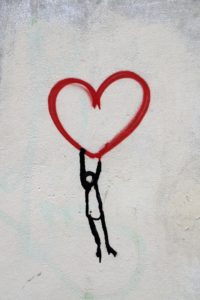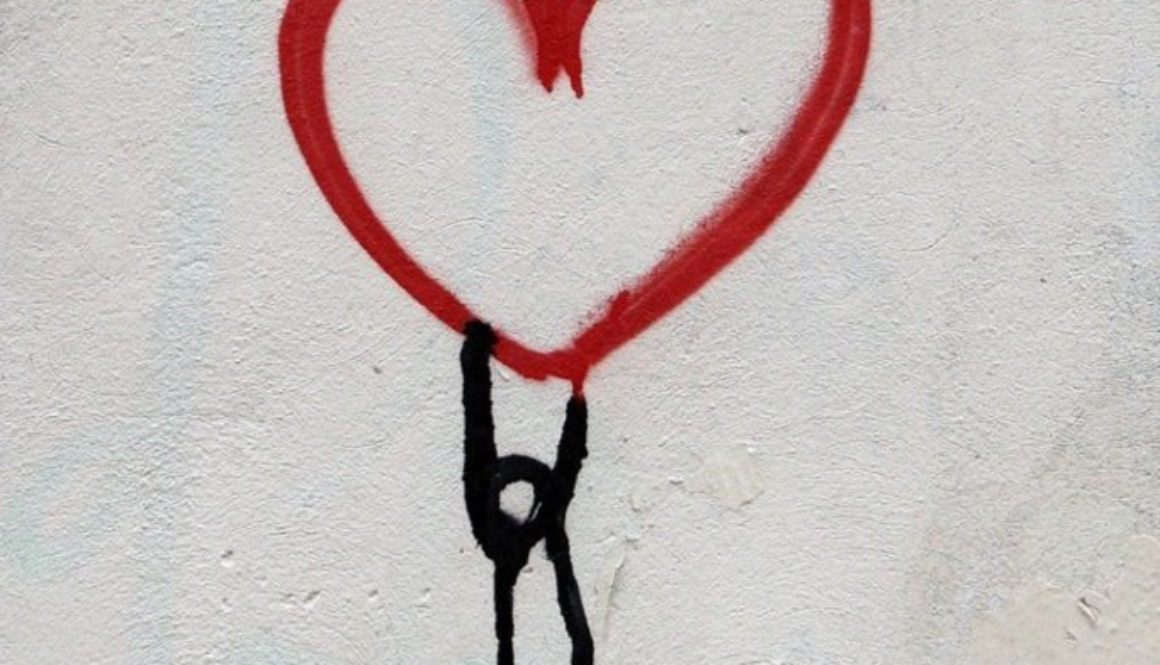Love, Loss, and Taxes

Earlier this week, someone I’ll call Lucinda (because I don’t actually know any Lucindas) lost her husband. No, he didn’t wander off into the woods – he died. He fell, perhaps because he had a heart attack or a stroke, lost consciousness, and could not be revived. It is tragic and heartbreaking beyond words.
Lucinda was home when her husband collapsed. She called 911 and they guided her in CPR until the paramedics arrived minutes later. They worked on him for over an hour and could not bring him back. Her loss is immeasurable. I hope she will eventually be able to find some comfort in knowing that she and the trained first responders did everything they possibly could have done.
My husband suffered a major heart attack more than 10 years ago. He was one of the lucky ones. Because there were paramedics nearby who were able to resuscitate him with a defibrillator, he is alive and well today. I never miss an opportunity to thank a paramedic when I see one.

And because of my interest in, and commitment to, public service and good governance, I share these experiences to illustrate the value of government and public service. As we enter tax season, I encourage you to think about why we pay taxes and how we benefit from our shared public investments. I know there is waste, fraud and abuse in government, just as there is in the private and non-profit sectors. We are imperfect people in an imperfect society. AND, I also know that we live in community and we are interdependent, whether we like it or not.
So while I work to elect and support people who will use our shared financial resources in ways that improve our quality of life and promote justice, I continue to pay my taxes. I believe we all have an obligation to support the government that “we the people” have empowered to do things like fund basic research, provide for national security, ensure a safe food supply, operate a justice system, regulate financial institutions, protect worker safety, and more. If we give up on these institutions because some politicians have managed to weaken and undermine them, we will be even worse off. We need to use our power to elect better people while we work to repair the damage and strengthen the institutions that we so desperately need.
I am grateful that we have paramedics who can arrive very quickly. I am grateful that we have hospitals and social workers and doctors and sophisticated medical technology. All of these capabilities exist in part because of the public sector. The health care system is badly broken and I will not defend much of it, but we have advanced medical care because of publicly-funded research, universities and teaching hospitals, as well as the profit-driven private sector. We support our emergency response services through taxes and volunteers.
Did you ever wonder how we got the 9-1-1 system? It did not come about through Elon Musk or Jeff Bezos. It came about through a collaboration between government and the private sector. To quote from NENA (National Emergency Number Association), the 9-1-1 Association:
- In the United States, the first catalyst for a nationwide emergency telephone number was in 1957, when the National Association of Fire Chiefs recommended use of a single number for reporting fires.
- In 1967, the President’s Commission on Law Enforcement and Administration of Justice recommended that a “single number should be established” nationwide for reporting emergency situations. The use of different telephone numbers for each type of emergency was determined to be contrary to the purpose of a single, universal number. [AT&T came up with the choice of 911 as the best number to use]
- Congress backed AT&T’s proposal and passed legislation allowing use of only the numbers 9-1-1 when creating a single emergency calling service, thereby making 9-1-1 a standard emergency number nationwide. A Bell System policy was established to absorb the cost of central office modifications and any additions necessary to accommodate the 9-1-1 code as part of the general rate base.
NENA reports that 96% of the geographic U.S. is covered by some kind of 9-1-1 service. Yes, some of you may be wondering if I will wander into a discussion of disparate response times and inappropriate use of armed police when social workers would be better. Those are important topics for another blog post. For now, I’m focused on medical emergencies and how we are better off because of collective efforts to have an efficient emergency response system.

We need each other. We need family and friends so we have someone to be with us in times of crisis. We need trained specialists to administer medical services and social services. Hospital social workers and other mental health providers are essential just as doctors and nurses are. And we need communities to support us throughout life. Religious communities, social circles, families, and geographic communities all matter at times like these.
So hug your loved ones and tell them how you feel. Be kind to strangers. Pay attention to elections and be sure to register, vote, and support good candidates while they’re running and after they are in office. And pay your taxes.
